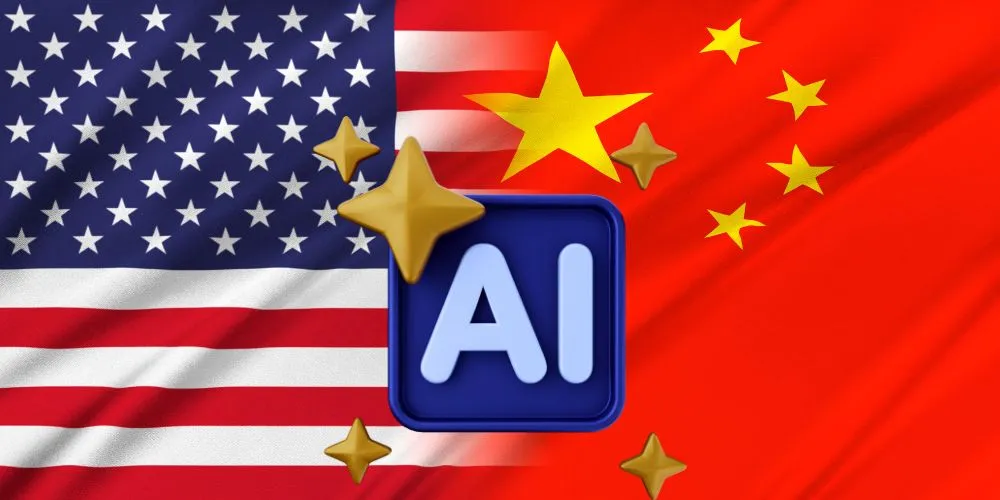Key Points:
- The U.S. and China will hold talks on artificial intelligence in Geneva, focusing on mitigating risks associated with AI proliferation.
- U.S. officials stress that Washington’s AI policies are not open for negotiation and prioritize addressing concerns over China’s AI capabilities.
- A multi-agency U.S. delegation will participate in the discussions, highlighting the administration’s comprehensive approach to AI governance.
- Discussions aim to foster global cooperation on critical AI risks while acknowledging differences in AI policies between the two countries.
The United States and China are scheduled to discuss artificial intelligence in Geneva on Tuesday. U.S. officials emphasize that Washington’s policies would not be open for negotiation. The meeting marks the first formal bilateral dialogue between the two countries on AI and aims to address the risks associated with the proliferation of technology.
President Joe Biden’s administration has actively sought engagement with China across various issues to mitigate potential miscommunications between the two rival nations. The discussion on AI was broached by U.S. Secretary of State Antony Blinken and China’s Foreign Minister Wang Yi during their meeting in April in Beijing, leading to the agreement to hold formal talks on the subject.
Ahead of the meeting, a senior U.S. administration official stated that the talks would encompass a wide range of risks associated with AI. However, they emphasized that the U.S. delegation would not prioritize specific issues, such as the deployment of nuclear weapons, at this stage.
The rapid expansion of China’s AI capabilities across civilian, military, and national security domains has raised concerns regarding cybersecurity and geopolitical stability for the U.S. and its allies. The talks will allow Washington to communicate its apprehensions directly to Beijing.
Furthermore, the U.S. officials clarified that the discussions with China were not aimed at fostering technical collaboration or cooperating on frontier research. They reiterated that U.S. technology protection policies would not be subject to negotiation.
The U.S. delegation comprises officials from the White House, State Department, and Commerce Department, signaling the multi-agency approach taken by the Biden administration on AI-related matters. Despite differences in AI policies and applications between the U.S. and China, officials expressed hope that some common rules could be established and embraced globally to address critical AI risks and enhance global security.
Meanwhile, U.S. Senate Majority Leader Chuck Schumer plans to issue recommendations on AI risk mitigation in the coming weeks, aiming to translate them into legislative measures. Schumer has highlighted China’s aggressive AI development strategies, including surveillance and facial recognition applications, as driving the urgency for the U.S. to lead in shaping AI governance frameworks.





